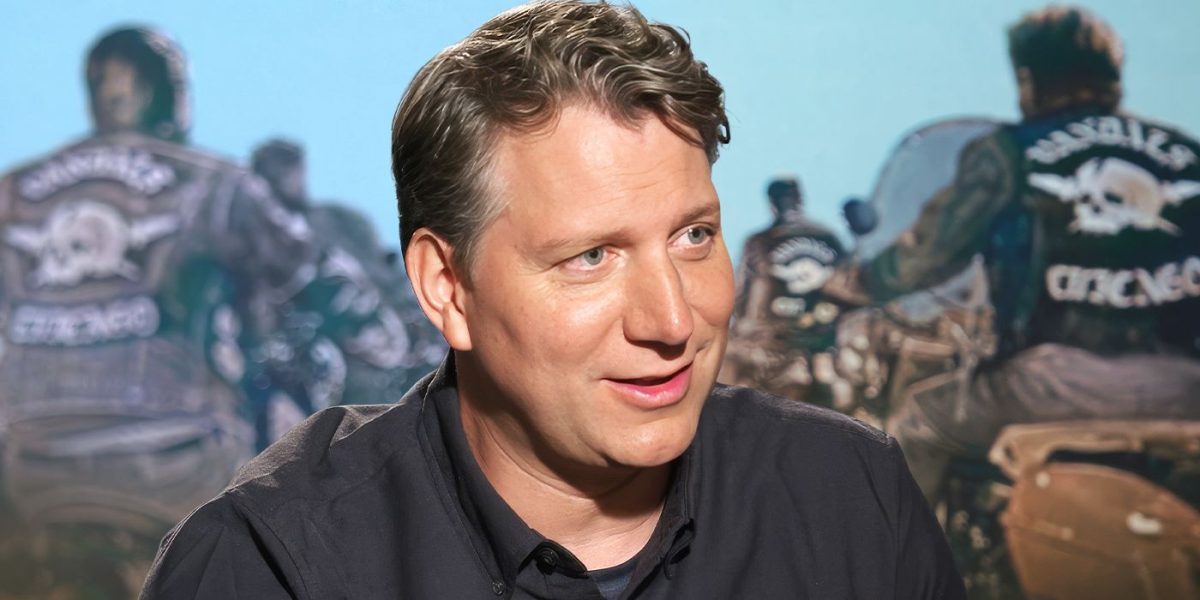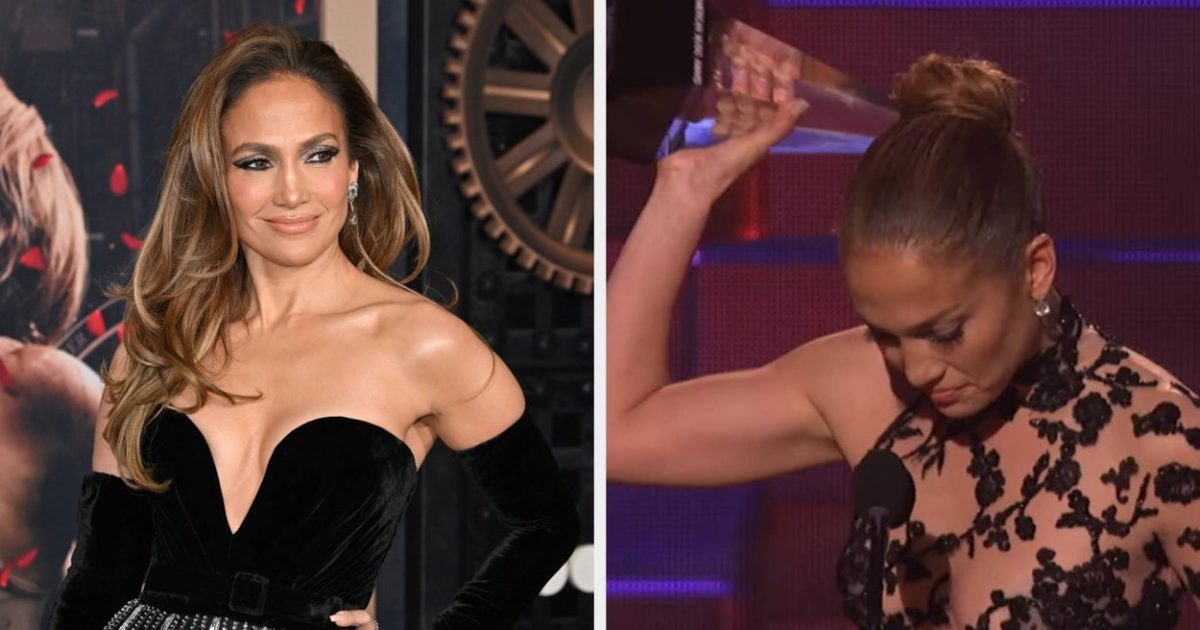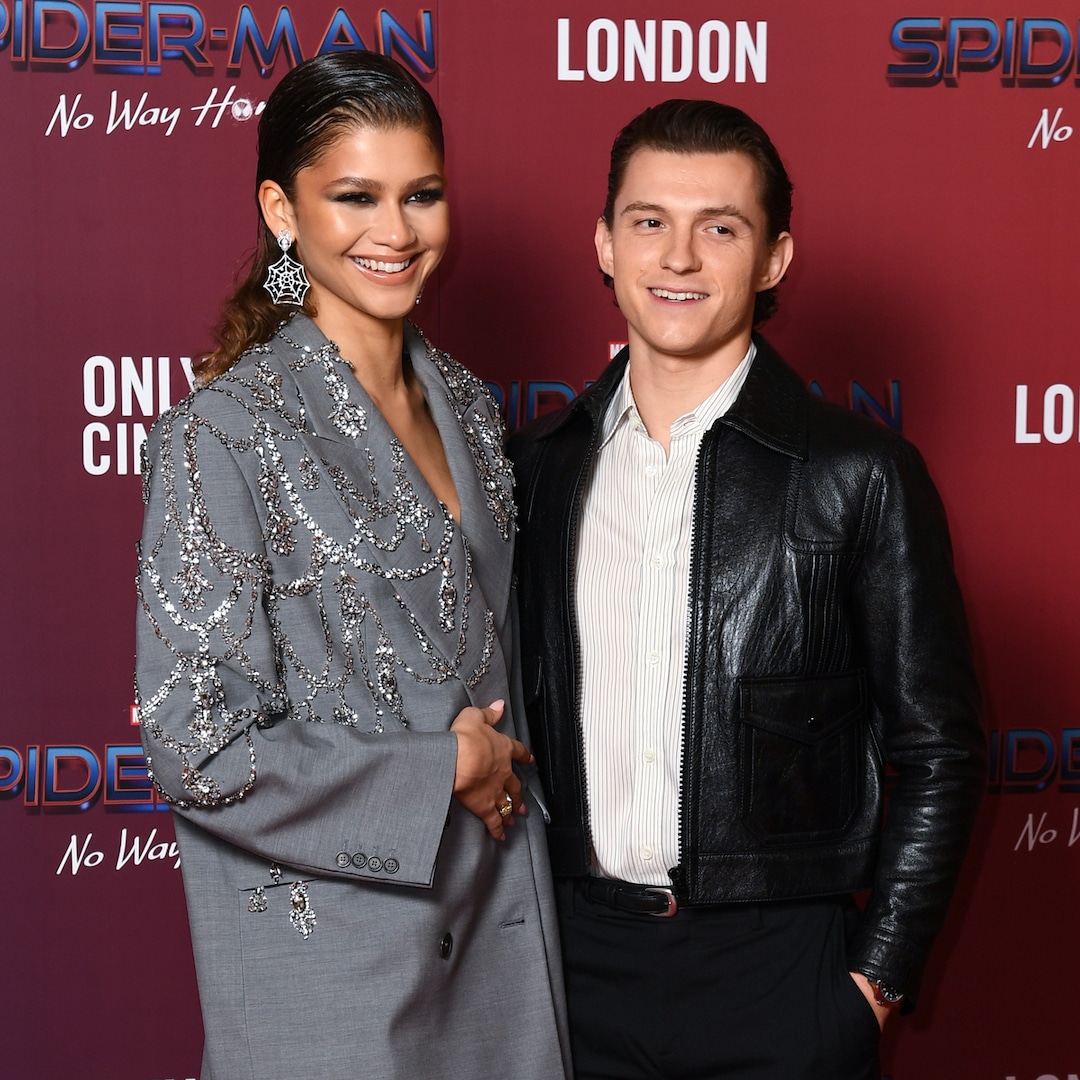
‘The Bikeriders’ Is Actually an Unconventional Love Triangle, Confirms Director Jeff Nichols
Jun 23, 2024
The Big Picture
The Bikeriders is a character-driven love letter to the U.S. upheaval of the ’60s and ’70s.
Director Jeff Nichols prioritizes emotional connections with characters over plot in his films.
The film captures a bygone era of motorcycle culture, exploring human nature’s draw to danger.
Writer and director Jeff Nichols (Mud) is back in the saddle, so to speak, with his love letter about a bygone era in The Bikeriders. Inspired by the black-and-white images of photographer Danny Lyon’s book, Nichols’ film stars Academy Award nominee Austin Butler (Elvis), Tom Hardy (Venom), and Jodie Comer (Killing Eve) in a character-driven look back at the turmoil of the U.S. in the ’60s and ’70s. At the heart of his story, the filmmaker tells us, is “this idea of a love triangle,” but “it wouldn’t be a love triangle in the traditional sense.”
The Bikeriders is told through an interview with Comer’s character, Kathy, who recalls her first time meeting the enigmatic Benny (Butler). Their love story is the audience’s gateway into the Chicago Vandals, a biker club led by the Marlon Brando-esque Johnny (Hardy), who opens his arms to the outcasts of society, but it isn’t the only love story. Though the relationship between the bikers is binding and sometimes familial, Nichols tells us, “It was really important that the relationship between Tom’s character and Austin’s character wasn’t one of being a father figure.”
During this conversation with Collider’s Steve Weintraub, Nichols explains his intentions for his main characters and shares what’s most important to him in filmmaking and storytelling. He also discusses why humans are drawn to danger, the risks of filming his ensemble cast on vintage motorcycles, why The Bikeriders isn’t in black and white, and why certain scenes proved to be the most “nerve-wracking” of his career.
You can watch the full interview in the video above or read the transcript below.
The Bikeriders Follows the rise of a midwestern motorcycle club as it evolves over the course of a decade – from a gathering place for local outsiders into a more sinister gang, threatening the original group’s way of life.Release Date June 21, 2024 Director Jeff Nichols Runtime 116 Minutes
Why Jeff Nichols Leads With Characters Over Plot
COLLIDER: If someone has actually never seen anything you’ve directed before, what is the first thing you’d like them to watch and why?
JEFF NICHOLS: Just watch the characters. My films lead with characters; they don’t lead with the plot. Hopefully, after watching characters on screen for two hours, you have an emotional connection to them, and you have an emotional connection with the story. That’s how I try to design them, so hopefully that’s how people watch them.
American motorcycle culture is something that’s been alluring to so many people around the world for decades. What do you think it is about the culture that pulls people in and romanticizes it?
NICHOLS: I think it’s part of human nature. It’s partly why I wanted to make the film, was to try to understand it a little bit better. Look at a motorcycle. It’s beautiful. You look at it and you want to ride. It feels like freedom. It can also kill you. It holds this tension right in front of you, and that’s kind of how our movie is supposed to be. There’s this thing that is incredibly attractive, but you know that it’s bad for you. You know that it’s dangerous, but we still do it. Why? Why is there a part of human nature that draws us to things that we know are dangerous? It’s a question that the movie doesn’t necessarily answer, but it certainly wants to hold up to the light and ask it.
Image via Focus Features
I’m fascinated by the editing process because it’s where it all comes together. Of the films you’ve made, which one do you think changed the most in the editing room in ways you didn’t expect going in?
NICHOLS: That’s an interesting question. It’s usually not big, sweeping changes. I outline these films so meticulously that by the time we construct them in the editing room, they pretty well stay the same. About two-thirds of the way through every single film I’ve made, there’s a scene that comes out, a scene that if you’d asked me in pre-production to take out I would have quit, but then in the editing room, you just say, “Nope, that’s not there.” In this film, it was a scene with Mike Faist’s character, and it was the only scene where he’s alone, not with part of the group. When we were filming it, Mike was like, “You’re never going to use this scene.” I said, “No, it’s very important because it’s kind of my point of view, speaking about how I feel about this club and the reality of this club and this culture.” And he was like, “No way you’re gonna use it.” When we got into it in the editing room, I had barely put a construction of it together and I was like, “Yeah, that’s gotta go.” He bet me $1,000. I owe him $1,000.
Image via Focus Features
That’s not the first time I’ve heard that, that actors have bet $1,000 on set saying, “You’re never gonna use this.”
NICHOLS: I’m probably never gonna pay him, but I owe him $1,000 bucks.
Thank you. That’s fantastic.
The Love Triangle Is What Got ‘The Bikeriders’ Wheels Turning
“It wouldn’t be a love triangle in the traditional sense.”
One of the things about this is that it’s a love story between three people, but I don’t think the audience realizes the three people that the love story is about.
NICHOLS: That’s right. Hopefully, they do by the end. This idea of a love triangle kind of popped into my head, and it wouldn’t be a love triangle in the traditional sense that two guys are chasing the same girl or two girls are chasing the same guy. You have this older man that is attracted to this younger man in the sense that he wants what he has, and then you have Jodie Comer’s character, who’s also attracted to this man and wants to marry him, but there’s something about the essence of this young guy that they covet. In that sense, it was really important that the relationship between Tom’s character and Austin’s character wasn’t one of being a father figure because I’ve had that in other films. I talk a lot about fathers and sons. That’s not what this is. This is a man that is looking at youth and he covets it. It’s an entirely different instinct than wanting to protect, to covet. You could argue that Jodie’s character has the same feelings, and that really became the creative inspiration that was added to Danny Lyon’s book to get the wheels on the bus and get the plot moving.
You have a lot of shots of actors without helmets on vintage motorcycles, which are sometimes not friendly. What is it like with the insurance company when you’re like, “Yeah, we’re gonna get a shot of 14 people, everyone’s gonna be riding, and no one’s gonna be wearing helmets, and let’s just go for it?”
NICHOLS: We had a person on set and her entire job was to communicate to the insurance company what we were doing every day. She was lovely, [laughs] but that’s how closely they were paying attention. You don’t get to put million-dollar movie stars on bikes without somebody raising their hands, saying, “What are you doing?” But we did the best we could. At some point, though, you have bikes that are over 60 years old with human beings on them without helmets at speed on a highway, and it’s incredibly dangerous. And they’re in a pack. Honestly, it was the most nerve-wracking part of any film I’ve ever directed.
Is that something where you know you can only get so many shots, like, “We can only shoot this for 30 minutes, and that’s it?”
NICHOLS: We treated it like stunts. When you ask an actor to do a stunt, you don’t do it multiple times. If they do it once and you get it, then you move on. That’s the way we treated the motorcycle scenes. You might want one more take or one more ride, but you had to temper yourself.
You shot this on film. Was there ever a debate of doing this in black and white or is that not really feasible in this day and age? Is it harder commercially to release it?
NICHOLS: I never wanted to do it in black and white. Danny Lyon actually asked me that because he loves black and white and a lot of the photographs are in black and white. The first edition of his book is all black and white, but the edition that I found first was a 2003 edition that had color photographs included. For somebody who grew up in the ‘80s, having color photographs from the 1960s just brought it to life for me in a way that the black and white ones don’t. Black and white is an affectation, and filmmaking is an affectation, but I feel like doing it in color cranks up the reality. It allows you to connect to the world in a more personal way. So, for me, it was never a question. It would always be color.
‘The Bikeriders’ Captures “the Old Outlaws” of a Bygone Time
One of the things this film does so well is capturing a time and a place that can’t exist anymore when it was just a group hanging out and riding before it became something else. Can you talk about that time period and how the film captures that time?
NICHOLS: That’s the feeling I want people walking out of the theater with. It’s a feeling of nostalgia, the feeling that this very specific time, this very specific place with these very specific people, no longer exists. Danny says it in the second forward of his book. He’s talking about the culmination of what happened with the club, and he says, “The group I rode with are now referred to as the ‘old outlaws.’ They are no more.” I like that. I like the feeling that it gives.
Really, what you’re looking at is a period from the late ‘50s to the early ‘70s, which was a transformative period for this country, when you could actually have someone be innocent enough to think they just had a riding club, that it was just a group of friends and that it could grow and chapters could grow, and that it wouldn’t metastasize into something quite violent and quite dangerous by the end. But that’s exactly what happened here. The film is a prequel in that sense. It’s really intended to show you where a group like this started and how the mindset of the people that started it developed. That’s really what we’re trying to do with this one.
The Bikeriders is now playing in theaters. Check the link below for showtimes.
Buy Tickets
Publisher: Source link
Jennifer Lopez Finally Understands Mi Gente Latino Meme
Jennifer Lopez Finally Understands Mi Gente Latino Meme Kicking off 2025, J.Lo is now promoting Unstoppable, a new biography drama in which she stars alongside Moonlight actor Jharrel Jerome. At the 2011 American Music Awards, Jennifer won Favorite Latin Artist…
Jan 11, 2025
Tom Holland's Dad Shares Insight Into Zendaya Engagement
Tom Holland became the greatest showman for his proposal to Zendaya. Just days after the Spider-Man actress turned heads at the 2025 Golden Globes with a 5-carat ring on that finger, Tom's dad... Disclaimer: This story is auto-aggregated by a…
Jan 11, 2025
Aubrey Plaza Issues Statement After Jeff Baena’s Death
The 40-year-old star and Jeff’s family issued a statement to People on Monday, where they called their loss an “unimaginable tragedy.”The Los Angeles County coroner’s office previously determined that Jeff died by suicide in his LA home. He was 47…
Jan 10, 2025
Jill Duggar’s Husband Clarifies Where He Stands With Jim Bob Duggar
Jessa Duggar (m. Ben Seewald)Jim Bob and Michelle's fifth child, Jessa Duggar, was born Nov. 4, 1992. Jessa met Ben through church and he began courting her in 2013—the old-fashioned approach to romance coming as a brand-new notion to a lot…
Jan 10, 2025











